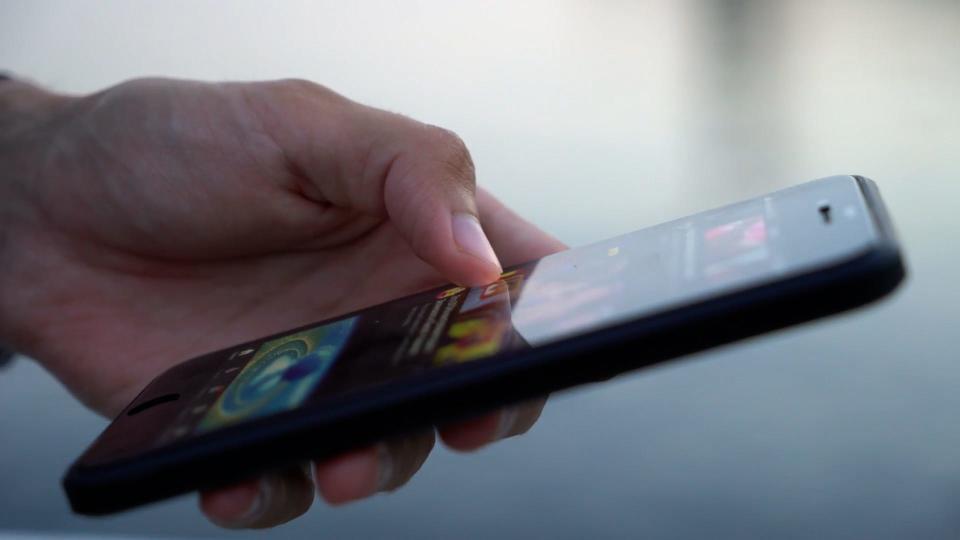Can we really ever break our smart phone addictions? | Steve Israel
I felt as if something was missing from my body as I was driving to buy groceries.
So I patted my jacket pockets. I felt my pants pockets. I pulled over to the side of the road and looked at the passenger seat and car floor.
I realized I’d left my iPhone home.
I felt kind of naked without it.

Cell phones, smart phones and their computerized technology are such an essential part of our lives — with 97% of us owning cell phones and 85% of us owning smart phones, according to a 2021 Pew Research Center survey — that leaving home without one feels like leaving home without clothes.
We wake up and check the news, weather and our messages on them and/or our laptops — and keep checking all day long. We bank, shop, work and study with them. We watch TV and films, take photos, listen to music and find out just about anything on them, from how to fix a faucet to how far the sun is from earth and how many of us own cell phones. And of course, we communicate with one another with them.
Sure, smart phones and computerized technology do so much good by bringing the world into our homes and pockets and being there for us in an emergency. But all too often, instead of making our lives easier, they make them harder. As we rely on smart phones and online technology for so much, they give us more and more to worry about.
I’ve lost count how many scamming, spamming emails — and text messages — I receive every day, along with robocalls galore. Even though I delete anything that looks remotely suspicious or unfamiliar (like offers from stores, unfamiliar bills and invoices and even warnings that my computer has been infected), I’m always afraid I’ll accidentally open one and give my life away.
I know one sophisticated guy who actually paid scammers thousands of dollars in gift cards because he apparently saw them manipulating one of his bank accounts on his screen. And how scary is it that all sorts of unknown forces out there know too much about our interests just from our online searches? Plus, there’s no way all those absolutely false conspiracy theories about everything microchips in COVID-19 vaccines to rigged elections would exist without the internet to spread them.
Smart phone use can also be deadly.
We’ve all seen or know kids and adults who bury their heads in their phones and risk their lives by texting, scrolling or talking on their handheld phones while driving. That’s why more than 1.5 million crashes per year are caused by cell phone use, according to the National Safety Council, with about 400 deaths per year due to texting and driving, according to the National Highway Traffic Safety Administration.
So what can we do to end our dependence on smart phones, cell phones and online technology — and the harm that they can cause?
Never use handheld phones while you’re driving.
Try not using your phones for a set period of time, like 24 hours, say various experts – or only use them to make calls or for an emergency. Then set certain times each day to use them.
Keep your phone in another room while you’re home.
Try paying bills by talking on the phone rather than online — or even by snail mail.
And remember, don’t open any emails that look unfamiliar, ask for personal or financial information, promise you rebates or refunds you don’t know about or threaten to shut down your computer or email.
And if you come across any so-called information that seems questionable or outrageous, look for several legitimate sources to find out if it’s true.
Steve Israel, a longtime editor and columnist at the Times Herald-Record in Orange County, New York, can be reached at steveisrael53@outlook.com.

This article originally appeared on Times Herald-Record: Steve Israel Times Herald Record smartphones

